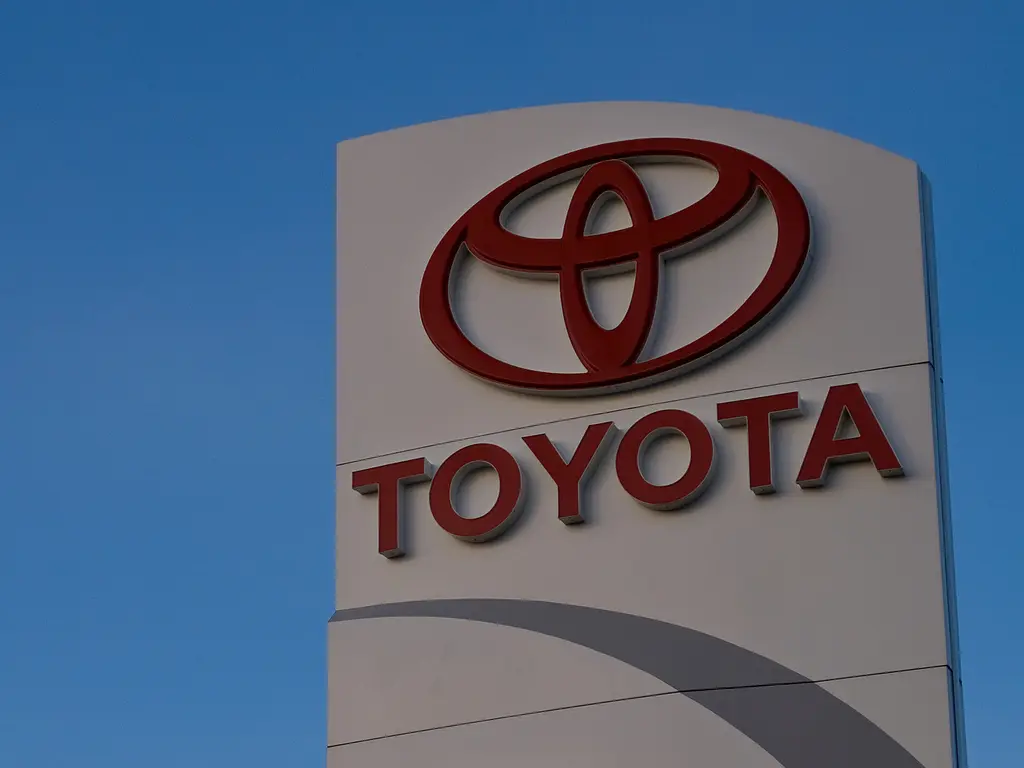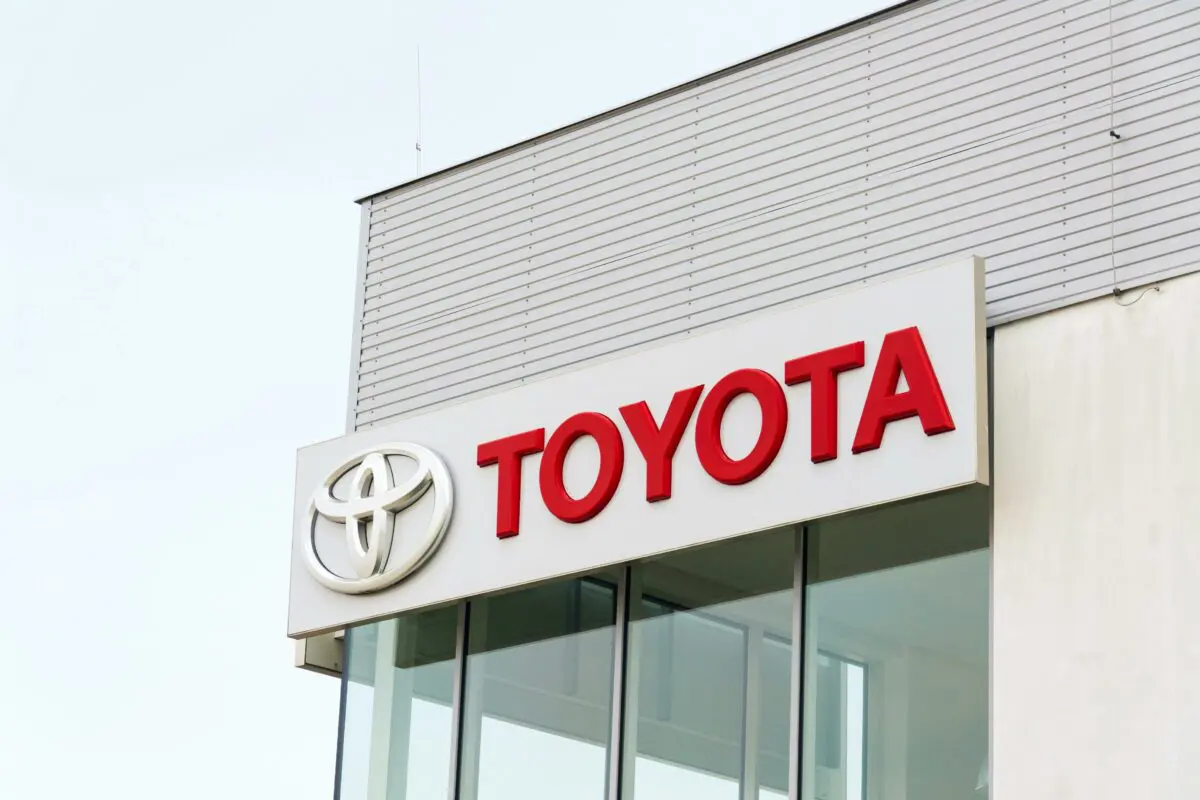The automotive industry has faced significant challenges in recent years, particularly related to environmental regulations and emissions standards. Among these controversies is the recent agreement reached by Toyota’s division Hino Motors, which has made headlines for pleading guilty and agreeing to pay $1.6 billion as part of a settlement for allegations of emissions fraud. This situation raises questions about corporate responsibility, the implications for regulations, and the future of the automotive sector.
The case involves serious accusations that Hino Motors, a truck manufacturing unit of Toyota, deceived regulators concerning the emissions produced by its diesel engines. The development of this story is particularly intriguing as it highlights a growing scrutiny in the automotive sector, where the balance between profit and environmental responsibility becomes increasingly delicate.
The Emissions Scandal Unfolds
The repercussions of this emissions scandal for Hino Motors include not just the hefty financial penalties but also a five-year ban on exporting diesel engines to the United States. This ban arises from allegations that the company sold over 105,000 illegal diesel engines in the country, potentially putting public health and safety in jeopardy. Hino’s actions were characterized by the U.S. Justice Department as a criminal conspiracy where the company submitted false and fraudulent emission test results.
What Led to the Charges?
These allegations stem from practices that went back to 2010, during which Hino Motors was accused of manipulating emission testing data to secure an unfair advantage in the competitive trucking market. The U.S. Department of Justice noted that Hino took part in a scheme to alter emissions data, allowing them to import and sell engines that did not meet environmental standards.
This case can be seen as a continuation of growing concerns over how car manufacturers have handled emissions regulations. The automotive sector has witnessed several controversies relating to emissions, including the infamous Volkswagen diesel scandal, which similarly involved falsification of emissions data. The question now arises: can Hino Motors regain consumer trust amidst this scandal?

Potential Implications for Hino Motors
As a major player in the trucking industry, the consequences for Hino Motors extend far beyond financial penalties. The five-year import ban on diesel engines will significantly impact their business strategy and operations, leading to potential losses in market share to competitors who adhere to environmental regulations. To navigate the fallout from the scandal, Hino must enhance its practices and regulatory compliance.
In response to the allegations, Hino Motors has announced a commitment to implementing a comprehensive compliance and ethics program. This effort serves as an acknowledgment of their failures and a step toward regaining trust from consumers and regulators alike. Satoshi Ogiso, the CEO of Hino, expressed regret for the inconvenience caused to stakeholders and reiterated their commitment to ensuring compliance with U.S. emissions laws.
Corporate Responsibility and Environmental Ethics
The situation surrounding Hino Motors raises an essential conversation about corporate responsibility. Many consumers expect companies to uphold ethical practices, especially in an age where environmental concerns are at the forefront of public discourse. The consequences of ignoring these responsibilities could lead to significant repercussions, as seen in Hino’s case.
The Role of Regulations in the Automotive Industry
Regulatory frameworks are designed to hold companies accountable for their emissions and environmental impact. They serve as a protective measure for both consumers and the environment. However, when companies like Hino Motors participate in deceptive practices, it undermines the integrity of these regulations and poses risks to public health.
The U.S. Environmental Protection Agency (EPA) has emphasized the need for rigorous enforcement of emissions laws. Hino has agreed to a recall program valued at $144.2 million to modify non-compliant engines and mitigate their impact on air quality. Such programs are essential in reversing the harm caused by years of regulatory evasion.

The Importance of Transparency
Transparency in operations is critical for building trust with consumers and regulators. Hino’s situation illustrates the repercussions that can arise from a lack of it. As the automotive industry continues to evolve, manufacturers must prioritize honesty in their reporting and operations to avoid similar scandals in the future.
Navigating the complexities of emissions regulations can be challenging; however, companies need to commit to ethical practices and maintain transparency. This not only safeguards public health but also enhances their reputation in a competitive marketplace.
Looking to the Future: Hino Motors and the Automotive Landscape
The future of Hino Motors and its reputation will heavily depend on the steps the company takes following this scandal. Lessons learned from this emissions controversy can help shape a more responsible automotive industry focused on sustainability. Hino’s adherence to ethical practices concerning emissions compliance will gauge its standing in the market.
Strategic Changes and Market Adaptation
In light of the challenges posed by this situation, Hino may need to pivot its business strategies to prioritize electric and hybrid trucks. As the automotive industry becomes increasingly focused on sustainability, aligning with these trends can offer new opportunities for growth.
As part of adapting to this changing market demand, Hino must also invest in research and development to produce cleaner, more efficient vehicles. The shift toward eco-friendly technologies presents manufacturers with a pathway to recovery and positions them positively amongst environmentally conscious consumers.

Consumer Awareness and Demand for Sustainability
Today’s consumers are more aware of environmental issues and actively seek sustainable options. The demands for eco-friendly vehicles continue to grow, and automotive companies will need to adjust to meet this demand. Hino must now strategize around not only compliance but also consumer expectations about sustainability.
Hino’s ability to recover from this scandal will depend on how effectively it communicates its commitment to sustainable practices. By fortifying its operations with transparency and aligning its offerings with consumer values, Hino can begin to rebuild its brand image.
The Legal and Financial Aftermath
Legal actions and financial ramifications stemming from the emissions scandal will create a cascading effect on Hino Motors. The planned payment of $1.6 billion is poised to be one of the largest settlements within the automotive sector concerning emissions violations.
The Impact on Financial Performance
Hino has already reported substantial losses attributed to its ongoing legal issues, which includes an extraordinary loss of 230 billion yen in the second quarter of the financial year. As the company navigates through financial recovery, stakeholders will be closely monitoring their strategies to offset these losses.
This situation raises pressing questions about the implications of settling emissions fraud cases. The scale of Hino’s settlement reflects the seriousness of the allegations, and it serves as a warning for other manufacturers in the industry to prioritize ethical adherence to regulations.

Compliance as a Recovery Strategy
Compliance with regulatory standards is now more than just a legal obligation for Hino Motors; it’s a critical element of its recovery strategy. The company has committed to implementing strong compliance measures and investing in further strengthening its compliance system.
The financial repercussions of non-compliance can be severe, both in terms of fines and damage to brand reputation. Moving forward, how Hino integrates compliance into its corporate strategy will be essential in mitigating future risk and enhancing transparency.
Exploring the Broader Impact of Emissions Frauds
The fallout from emissions fraud does not just impact companies like Hino Motors; it influences consumers, regulatory agencies, and environmental health. The broader implications of these actions on the industry at large require attention, especially given the growing scrutiny on emissions and environmental performance.
Consumer Trust and Social Responsibility
Environmental awareness is at the forefront of many consumers’ minds, and studies suggest that ethical behavior in corporations can significantly affect their buying decisions. Emissions fraud breaches consumer trust, creating lasting damage that goes beyond immediate financial ramifications.
As automotive companies face increasing pressure from consumers to adhere to ethical practices, the importance of social responsibility becomes apparent. Hino’s scandal serves as a cautionary tale for other manufacturers about the essential need for adherence to ethical standards.

The Future of Corporate Regulations
The Hino Motors case also signals the potential for more stringent corporate regulations relating to emissions in the future. As consumers demand higher standards of accountability from manufacturers, legislators may be steered to create even more robust policies to safeguard public interests.
The continual evolution of regulations may impact how manufacturers operate and market their vehicles. As awareness about the environmental crisis deepens, automotive companies will need to prioritize compliance and transparency to remain viable in the industry.
Hi, I’m Sarah, a 30-year-old journalist with a passion for storytelling and uncovering the truth. I strive to bring important issues to light and connect with my audience through compelling narratives.



